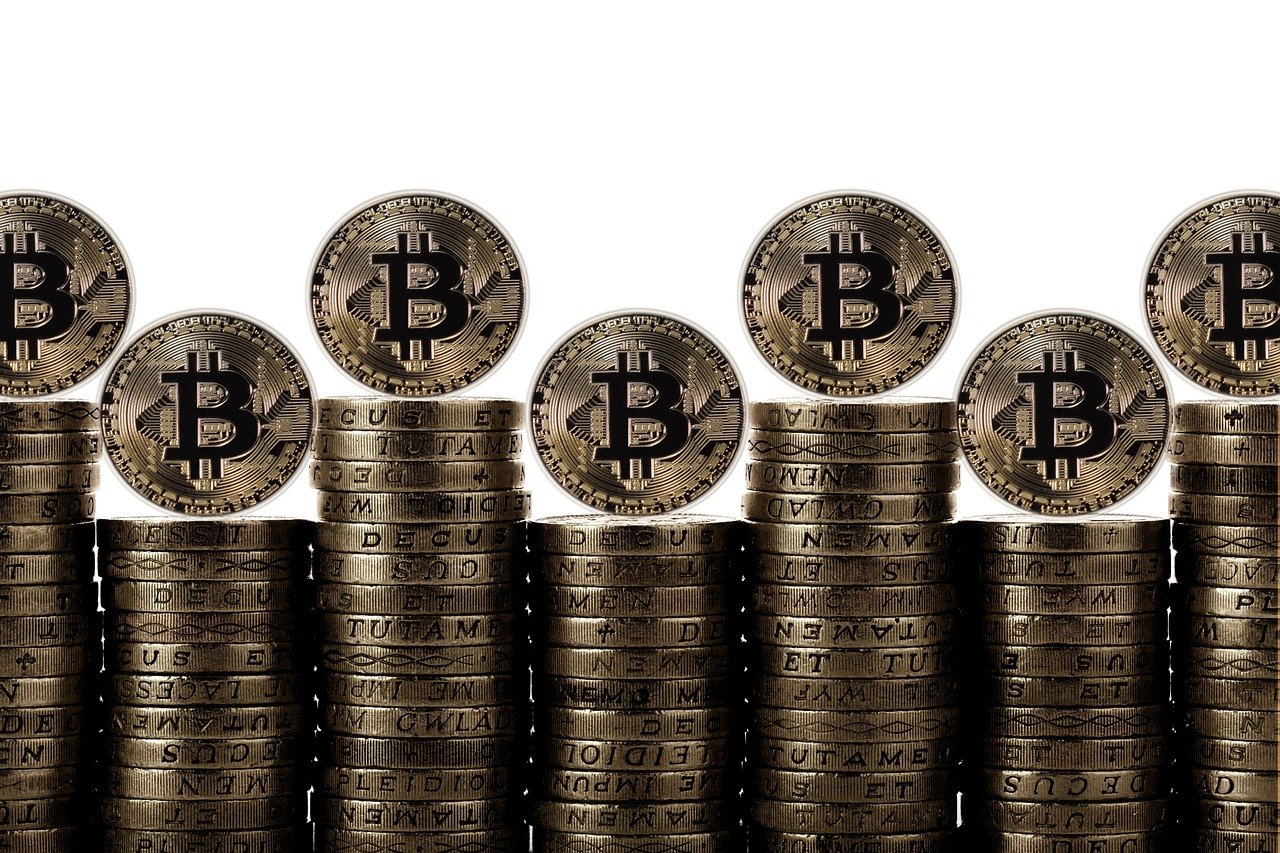Physical Address
304 North Cardinal St.
Dorchester Center, MA 02124
Physical Address
304 North Cardinal St.
Dorchester Center, MA 02124

In a long-awaited decision, the Securities and Exchange Commission (SEC) has officially approved the listing and trading of spot bitcoin exchange-traded funds (ETFs). While the approval currently applies to a select few, the impact of this decision extends far into the future of crypto trading, influencing prices, accessibility, volatility, trader preferences, and various other aspects. Let’s delve into how the SEC’s verdict has reshaped the landscape of crypto trading for the foreseeable future.
The Decision Unveiled
Marking a significant milestone in the investment landscape, the SEC’s approval of BTC ETFs on January 10, 2024, has been eagerly anticipated. The green light was given to 11 BTC ETFs, streamlining crypto investing for those who prefer not to navigate the complexities of purchasing Bitcoin directly. These newly approved ETFs will be listed on Nasdaq, NYSE Arca, and Cboe BZX. The list includes:
The significance of this development is underscored by major players like BlackRock, which had advocated for approval based on their fund management systems. Institutional participants, including pension funds, endowments, and hedge funds, previously faced stringent regulatory constraints, making this event a triumph for market participants and institutions alike.
SEC’s Ongoing Cryptocurrency Skepticism
While the SEC has granted approval for specific ETFs, its overall skepticism regarding crypto assets remains unchanged. The approval is limited to certain ETFs and does not alter the status of other crypto assets under securities laws. Regulatory concerns persist due to non-compliance among many crypto market participants with federal laws, posing risks related to investor protection, market immaturity, and potential manipulation. The SEC maintains that this approval does not constitute an endorsement or approval of Bitcoin, urging retail traders to exercise caution given the associated risks.
Price Fluctuations on Launch Day
The approval of BTC ETFs on January 11 triggered a notable spike in Bitcoin value, reaching $48,922.38—a nearly $1,000 appreciation compared to the recent average. However, by the end of the day, the price consolidated to the previous average. Most of the newly launched assets experienced depreciation by day’s end, with ARKB (ARK 21Shares Bitcoin ETF), EZBC (Franklin Bitcoin ETF), and BRRR (Valkyrie Bitcoin Fund) seeing declines of 6%, 5%, and 5%, respectively. Leading assets included GBTC (Grayscale Bitcoin Trust) and IBIT (iShares Bitcoin Trust), with volumes of nearly $1.7 billion and around $880 million traded on the first day.
Analysts Optimistic Amid Fierce Fee Competition
Amid regulatory filings, companies disclosed fee structures, sparking a minor fee war. Current fees range between 0.2% and 1.5%, excluding waivers. Notably, Valkyrie Bitcoin Trust offers a 0.49% fee with a 3-month waiver, while BlackRock’s iShares Bitcoin Trust has a 0.25% fee with a 12-month or $5 billion waiver.
Considerations and Downsides
While ETFs offer numerous advantages for trading, investors must also weigh potential risks, especially when compared to owning the actual BTC. Risks include counterparty issues, control deficits, ongoing service fees, and tax implications unique to BTC ETFs.
Future Implications for Investors
The SEC’s action expands accessibility to BTC ETFs for a broader range of investors, including institutional and retail traders. Trading ETFs on traditional stock exchanges enhances transparency through reporting and disclosure requirements. The introduction of Bitcoin ETFs may contribute to increased market liquidity, impacting overall market activity. The short-term volatility, however, remains a factor.
Ultimately, global recognition of ETFs’ legitimacy could influence other regulatory bodies, fostering greater acceptance and mitigating regulatory uncertainties for mainstream investors. Whether the current interest is a fleeting trend or a long-term investment strategy is yet to be determined.